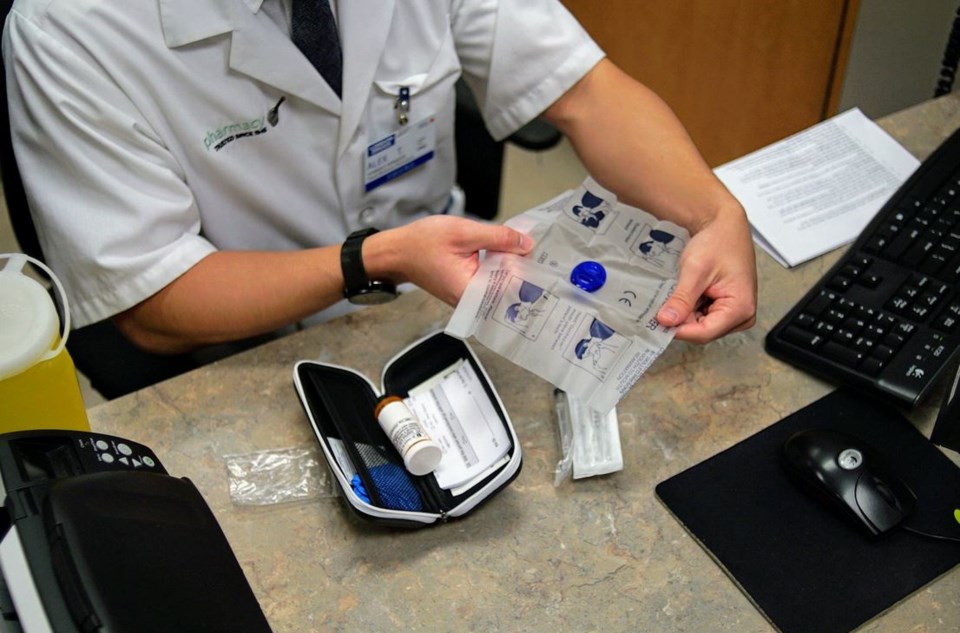With 24 illicit drug overdose deaths in 2017, New West is not immune from the crisis sweeping the country.
New West will soon be seeing as much as $100,000 to create a working group to assess the city’s available addiction- and overdose-related resources, and to create a plan to prevent overdose deaths and support those with addictions through treatment and recovery.
The city’s newly formed Community Action Team – a group of front-line community agencies, city representatives, experts, and those with “lived experience” of drug addictions – have submitted a grant application to access the province’s new Community Overdose Crisis Innovation Fund, and are waiting for approval.
New West is one of 20 B.C. communities identified by the provincial government this year as urgently needing to improve the response to drug overdoses.
According to data from the B.C. Coroners Service, the number of overdose deaths last year (24) are more than double the number of deaths in 2016 (10). There were 12 deaths in 2015, nine in 2014, five in 2013 and three in 2012.
Dr. Aamir Bharmal, medical health officer with Fraser Health, says reducing the stigma surrounding drug use is a significant part of the work the group hopes to do.
“We recognize that stigma kills and is one of the big factors to the overdose crisis,” he told the Record. “Our goal is to really work on decreasing a lot of the stigma that might be there.”
According to Bharmal, the large majority of overdoses occur when people are using alone at home, and improving the support network of people with addictions may reduce the number of deaths.
Much of the work will also focus on co-ordinating the existing resources and facilities in New West.
“There are a lot of treatment resources that are already in place. We also do have a lot of very engaged non-profit organizations that are (in New West) too,” he said. “I think it’s really being able to identify what are the strengths already in the community, and being able to build on those, but also identify where are some of those gaps, and how can we all work better together.”



